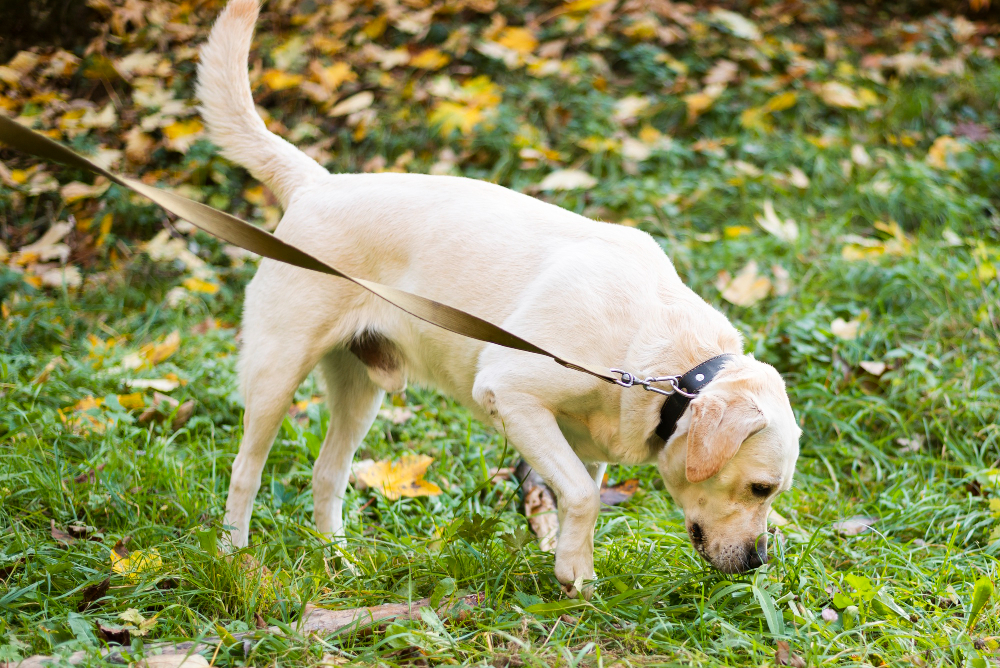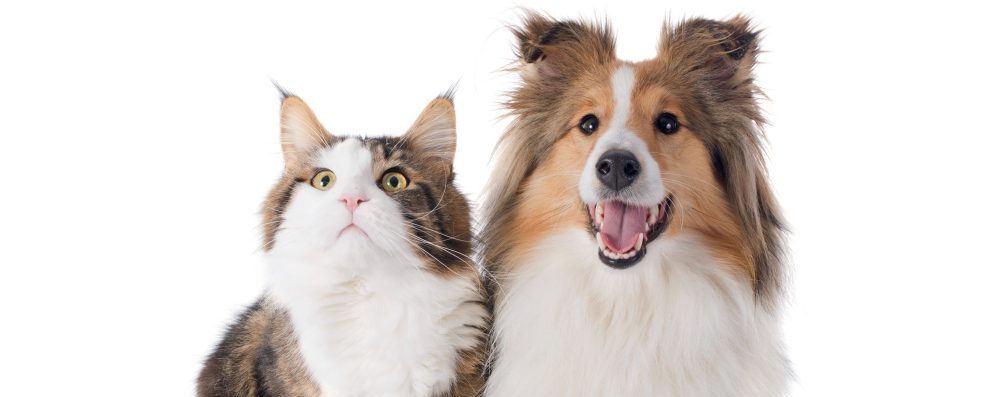It’s not uncommon for dog owners to express concern over their pets’ disturbing habit of eating their own feces or those of other animals. This behavior, while unpleasant, could be indicative of underlying health issues. Known as coprophagia, from the Latin words ‘copro’ for feces and ‘fagia’ for ingestion, this act can be triggered by both behavioral and health-related factors. If your dog exhibits this behavior, it’s important to understand the potential causes and solutions to this distressing issue.
Unraveling the Causes of Coprophagia
There’s no specific age when a dog might start exhibiting coprophagic behavior. Several factors can contribute to this, including:
Parasitic Infections
Parasitic infections are the most common cause of coprophagic behavior. Intestinal worms consume nutrients that the dog needs, often leading to malnutrition. As a result, dogs may instinctively eat their own or other animals’ feces to compensate for this nutritional deficiency.
Dietary Imbalance
An unbalanced diet, often due to excessive treats and the inclusion of foods like chicken, boiled eggs, meat, and liver with regular feed, can also lead to coprophagia. While many owners believe that adding these foods to kibble is beneficial, it can actually disrupt the nutritional balance of the diet, leading to nutritional deficiencies and a weakened immune system. If you wish to include additional food in your dog’s diet, it’s best to consult with a professional in animal nutrition.
Lack of Stimulation
Dogs that spend most of their day alone and without sensory stimuli may resort to coprophagia out of boredom. Incorporating a routine that includes exercises, sensory stimuli, and designated feeding times can help alleviate this behavior.
Anxiety and Stress
Anxiety and stress, increasingly common in dogs, can also lead to coprophagia. Utilizing tools to reduce stress and anxiety, such as calming supplements, can help manage this issue.
Misunderstood Punishment
Dogs that are excessively punished for defecating outside the desired area may resort to eating their feces to hide the evidence. To avoid this, it’s recommended to use positive reinforcement techniques when training your dog.
Improper Dieting
Owners who restrict their dogs’ diet due to concerns about weight can inadvertently cause nutritional deficiencies and hunger, leading to coprophagic behavior. If your dog is overweight, it’s best to consult with a professional in animal nutrition to create a proper weight loss program.
Malabsorption of Nutrients
In some cases, dogs may have a problem with an organ of the digestive system, leading to nutrient deficiencies and coprophagia. Regular veterinary check-ups can help identify and address this issue.
Environmental Factors
The location of your dog’s bathroom is crucial. Dogs don’t like to relieve themselves near their feeding areas. If the environment isn’t well organized, they may resort to eating their feces to keep their feeding area clean. It’s important to separate your dog’s resting, feeding, and waste areas to prevent this behavior.
In some cases, coprophagia is a normal and temporary behavior. Puppies may engage in it out of curiosity, and mother dogs may eat their puppies’ feces to avoid attracting predators.
Addressing Coprophagia
If your dog exhibits coprophagic behavior, it’s crucial to consult with a veterinarian. They can investigate the causes and recommend appropriate treatments or measures to resolve the problem. Some food supplements, containing prebiotics and probiotics that regulate the intestinal flora, can help reduce coprophagia by optimizing the digestive system and reducing parasitic infections.
While there’s no natural remedy for canine coprophagia, there are ways to make feces less appealing to dogs. One such method is to apply citronella spray to the waste before the dog has a chance to eat it.
The Risks of Fecal Ingestion
Eating feces is not only unnatural but can also lead to health problems. Dogs that engage in this behavior risk contracting parasitic infections and experiencing changes in their intestinal microbiota, potentially leading to dysbiosis, a condition characterized by an imbalance in gut bacteria.
Breed Predisposition to Coprophagia
While there’s no scientific evidence, anecdotal reports suggest that some breeds, such as hounds and terriers, may be more prone to coprophagia. However, any dog can exhibit this behavior.
Understanding coprophagia and its underlying causes is the first step towards addressing this issue. With the right knowledge and approach, it’s possible to manage and even eliminate this distressing behavior in dogs.
Conclusion: Taking Action Against Coprophagia
In conclusion, while coprophagia in dogs can be distressing for pet owners, it’s crucial to remember that this behavior often signals underlying health or behavioral issues. From parasitic infections and dietary imbalances to anxiety and environmental factors, various triggers can lead a dog to engage in this act. Understanding these causes is the first step towards effectively addressing the problem.
It’s important to consult with a veterinarian or a professional in animal nutrition to ensure your dog is receiving a balanced diet and to rule out any potential health issues. Regular check-ups, a stimulating environment, and positive reinforcement techniques can also go a long way in managing this behavior.
While some breeds may be more prone to coprophagia, it’s a behavior that any dog can exhibit. Therefore, being proactive and attentive to your dog’s behavior and health is essential. With the right knowledge, approach, and professional guidance, it’s possible to manage and even eliminate coprophagia, ensuring your dog’s well-being and your peace of mind.

